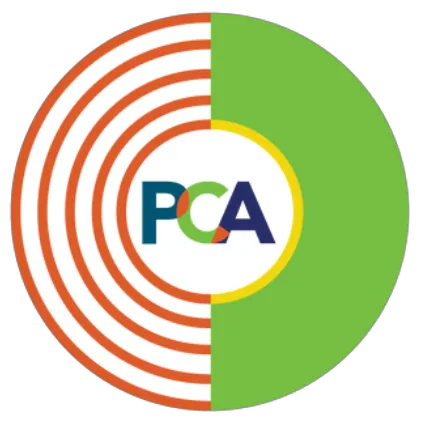
Review of The Deepest Well by Nadine Burke Harris, M.D.
Let's review, The Deepest Well. A book about healing the long-term effects of childhood adversity is an eye-opening book that clearly makes the connection between childhood adversity and a laundry list of long term and ongoing health problems. From triggering chronic inflammation and hormonal changes to increasing the risk for heart disease, stroke, cancer, diabetes, and Alzheimer’s.
The author follows a young boy, Diego, who literally stopped growing, and sent the author on a quest to find out why. Along the way she encountered the ACE (Adverse Childhood Experience) score, which has ten specific categories of adversity.
ACE (Adverse Childhood Experience) score:
Emotional abuse
Physical abuse
Sexual abuse
Physical neglect
Emotional neglect
Substance abuse in the home
Mental illness in the home
Mother treated violently
Divorce or parental separation
Criminal behavior in the home
A relationship was found between a person’s ACE score and risk to health. A person with 4 or more ACE’s was twice as likely to develop heart disease and cancer and 3.5 times as likely to develop COPD as a person with no ACE’s. A person with 7 ACE’s or more has triple the lifetime odds of getting lung cancer and 3.5 times the odds of having ischemic heart disease, the number on killer in the US.
Stress on the body..
While some stress is good for the body, i.e. exercise, some is overwhelming and becomes what the author calls toxic stress. The ACE score puts a person at risk for tipping over into toxic stress and over time that system responds more frequently and intensely. It becomes a dysregulation of the stress response system. The author feels strongly that everyone should be screened for their ACE score, whether it be at the doctor’s office or in school. She feels it should be a vital sign along with blood pressure, height, weight, etc.
ACE scores also affect lifestyle in measurable statistics: 4 or more ACE’s increase smoking 2.5 times, alcohol dependence 5.5 times and 10 more likely to use Intravenous drugs. People with an ACE score of 2 or more had twice the odds of hospitalization for autoimmune disease as someone with a score of zero. The consequences are across the board – neurological, hormonal, immunological.
What’s the answer? No one doubts that stress lives in the body, but what can be done to mitigate things that are largely out of the control of children. The author has specific strategies for targeting and healing the dysregulated stress response. Sleep, mental health, healthy relationships, exercise and nutrition, make that list.
That’s not the end of the story or a quick do it yourself formula for healing from trauma. The author spends time walking through the science of brain plasticity and things that help set up the brain for rewiring old patterns. She also has the figures of just who this affects – 70% of college- educated and 70% Caucasian. This is not a certain demographic problem but a human problem.
To be honest, this was not an easy read, emotionally, but a must read to understand the invisible epidemic that crosses all demographics. My favorite sections are those that line out strategies and the why behind them, and how anyone can step onto a healthier path at any point along the way.
To get your own copy of this book click here.
Want to read another book review by us?
Try Coaching Questions by Stoltzfus
Keep up to date with PCA's blog.
Stay Updated
Sign up with PCA today to stay connected.


